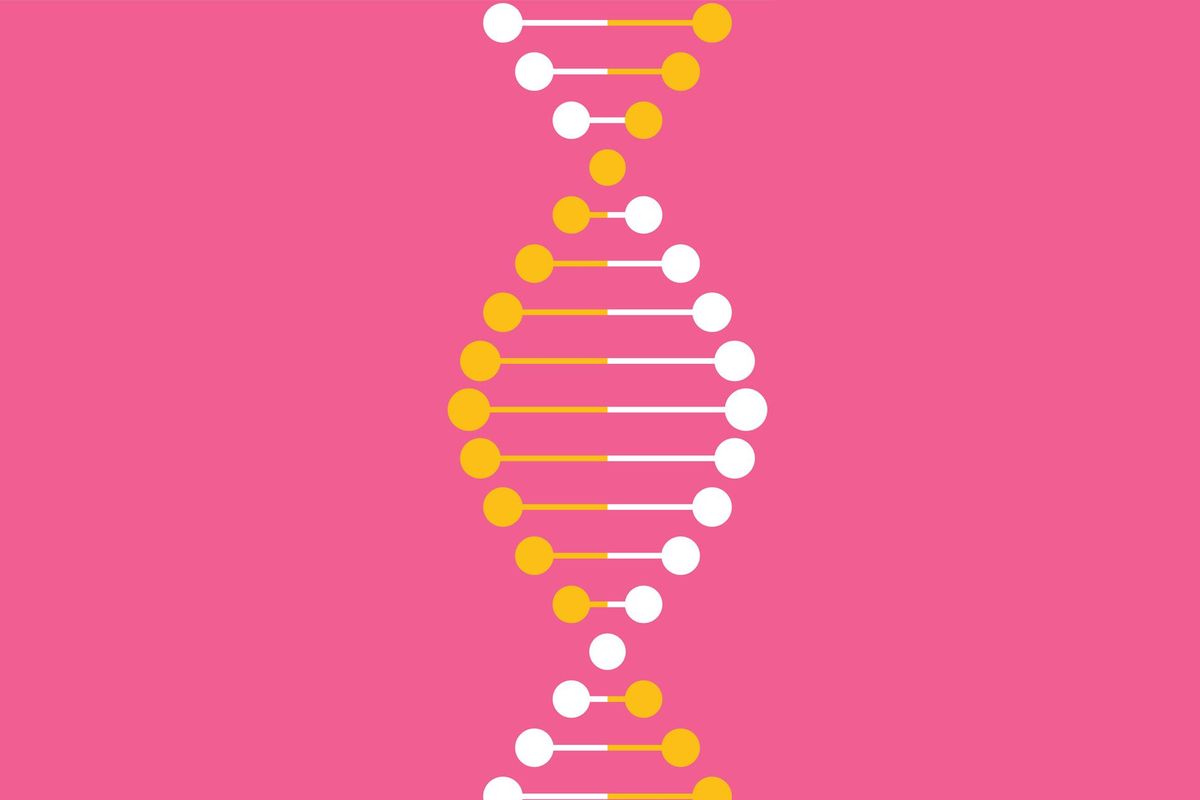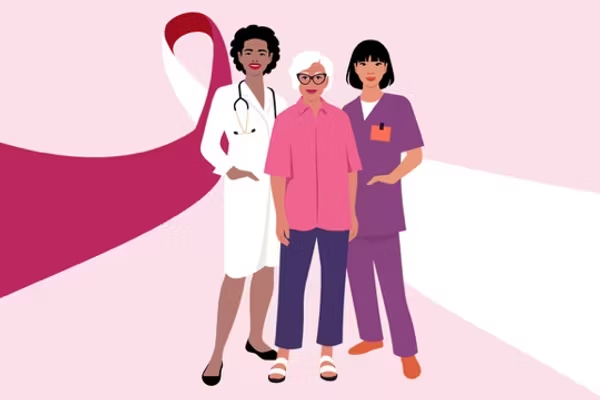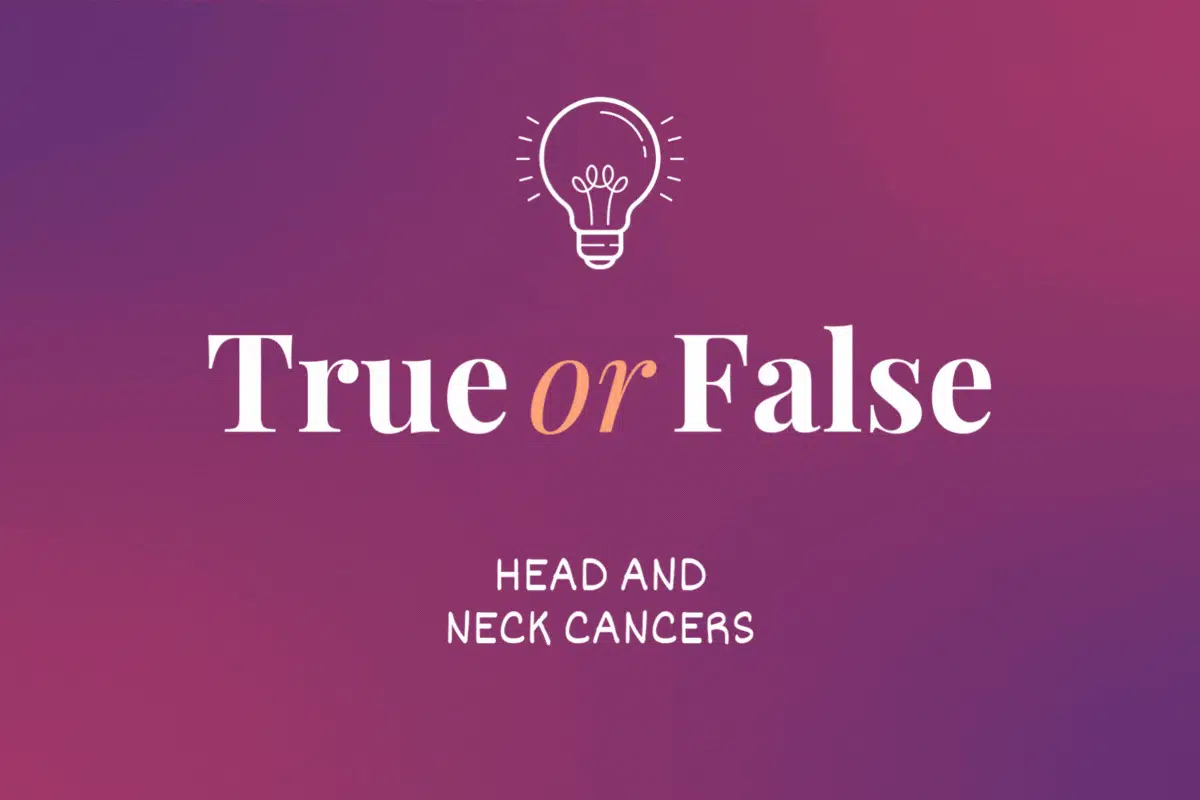Head and neck cancers account for about 4% of cancers in the U.S.
Head and neck cancers include cancers in the:
- lips
- mouth
- voice box
- throat
Risk factors for head and neck cancer include:
- smoking or other tobacco use
- drinking alcohol
- human papillomavirus (HPV) infection
About 70% of oropharyngeal cancers, one type of head and neck cancer, are caused by HPV
(oropharynx = back of the throat, including the base of the tongue and tonsils)
Did you know? The HPV vaccine protects against the strains of HPV that cause oropharyngeal cancer.
Head and neck cancer and genetics
- All cancers begin when genes inside a cell mutate or change.
- Cancer usually comes from multiple mutations over a lifetime, not a single one.
- Researchers are studying genetic changes in cancer cells. This study is called cancer genomics.
- The study of head and neck cancer genomics is geared toward finding more effective treatments.
mutation = when genes inside a cell change
cancer genomics = comparing the DNA of cancer cells to normal cells
New approaches to treatment
Thanks to genomics, innovative treatments for head and neck cancer are being developed. These include:
- Precision medicine, the use of targeted therapies for a person’s specific head and neck cancer
- Immunotherapy, treatments that activate the immune system to attack head and neck cancer cells
immunotherapy = activating the immune system to attack cancer cells
Early detection is key to surviving head and neck cancer.
Look for:
- a mouth sore that won’t heal
- a lump in the neck, jaw or mouth
- pain or weakness in the face
- neck pain
- difficulty moving the jaw
- difficulty swallowing
- speech problems
- ear pain or hearing loss
- trouble breathing
- a sore throat that doesn’t go away
- white or red patches in the mouth or throat
- weight loss
This resource was created with support from Merck.







